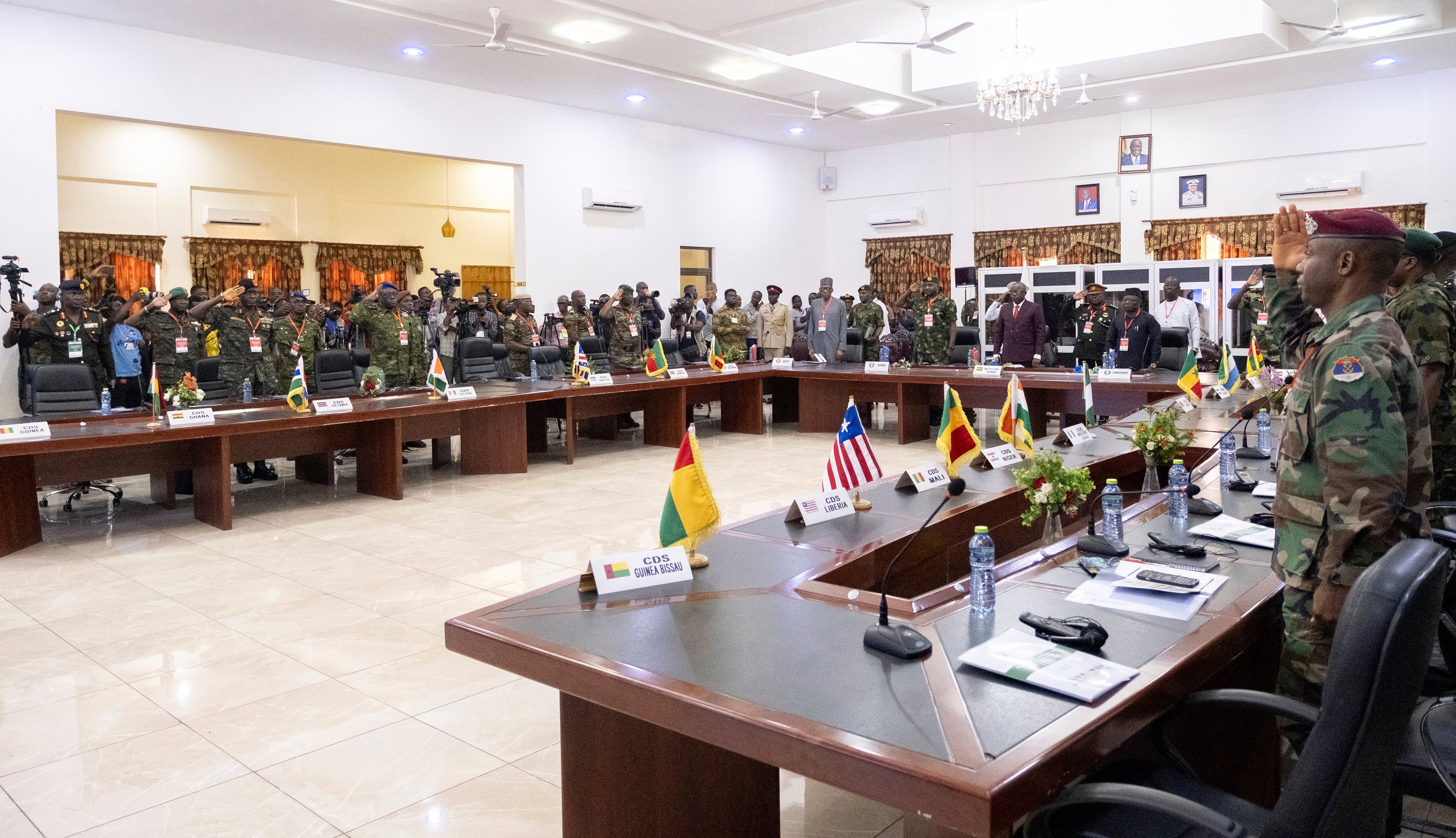West African heads meet to keep junta-led nations in bloc and review sanctions against Niger coup
Heads of state across West Africa are meeting on Saturday to discuss the region’s challenges and to call again on three junta-led nations to rescind their decision to quit the regional bloc and a plan to review imposed sanctions to reverse the coup in Niger

Heads of state across West Africa are meeting on Saturday to discuss the region’s challenges and to call again on three junta-led nations to rescind their decision to quit the regional bloc as well as a plan to review imposed sanctions to reverse the coup in Niger.
The summit of the 15-nation regional economic bloc known as ECOWAS in Nigeria’s capital, Abuja, comes at a critical time when the 49-year-old bloc’s future is threatened as it struggles with possible disintegration and a recent surge in coups fueled by discontent over the performance of elected governments whose citizens barely benefit from mineral-rich resources.
Decisions to be made at the summit “must be guided by our commitment to safeguarding the constitutional order, upholding democratic principles, and promoting the social and economic well-being of the citizens,” Nigerian President Bola Tinubu, current chairman of ECOWAS, said at the start of the summit.
Top on their agenda is the recent decision by Mali, Burkina Faso and Niger to leave ECOWAS, or the Economic Community of West African States, over “inhumane sanctions”, an unprecedented development since the bloc was established in 1975, growing to become the region’s top political and economic authority.
“We must reexamine our current approach to the quest for constitutional order in our member states,” Tinubu said. “I therefore urge them to reconsider the decision of the three of them to exit their home and not to perceive our organization as the enemy,” he added.
The summit is also expected to review the harsh sanctions imposed on Niger. This week, one of the bloc’s founding leaders and Nigeria’s former military ruler Yakubu Gowon urged regional leaders to lift those sanctions, noting that the bloc is “more than a coalition of states (but) is a community established for the good of our people.”
In the last year, however, the bloc has struggled to resolve the region’s most pressing challenge: The Sahel, the vast arid expanse south of the Sahara Desert that stretches across several West African countries, faces growing violence from Islamic extremists and rebels, which in turn has caused soldiers to depose elected governments.
The nine coups in West and Central Africa since 2020 followed a similar pattern with coup leaders accusing the government of failing to provide security and good governance. Most of the coup-hit countries are also among the poorest and least developed in the world.
Those sanctions against Niger and the threat of military intervention to reverse the coup were “the likely triggers to an inevitable outcome” of the three countries’ withdrawal from the bloc, said Karim Manuel, an analyst for the Middle East and Africa with the Economist Intelligence Unit.
With their withdrawal, “the West African region will be increasingly fragmented and divided (while) the new alliance between Mali, Burkina Faso, and Niger fragments the West African bloc and reflects an axis of opposition to the traditional structures that have underpinned the region for decades,” Manuel added.
Bookmark popover
Removed from bookmarks